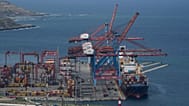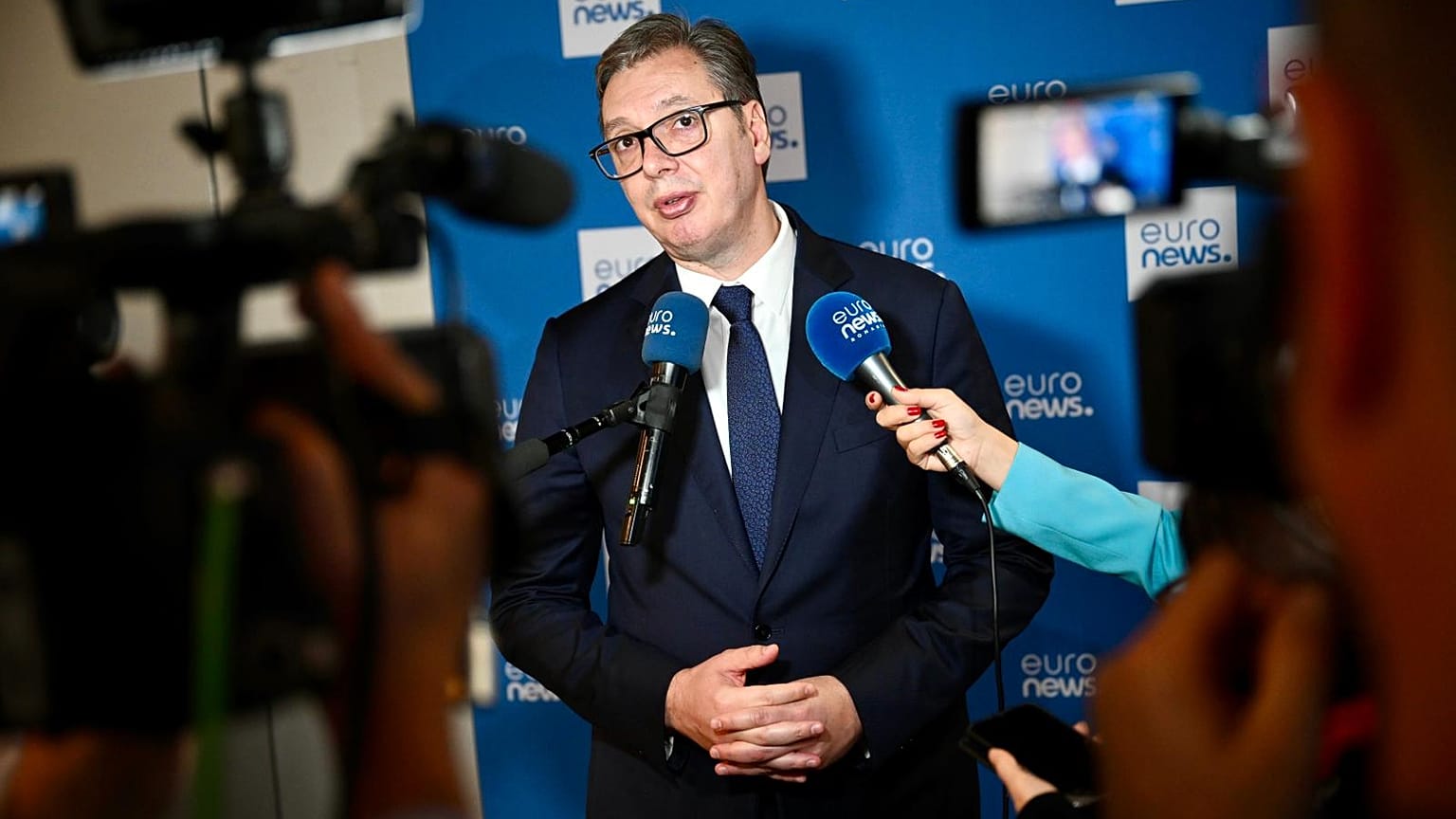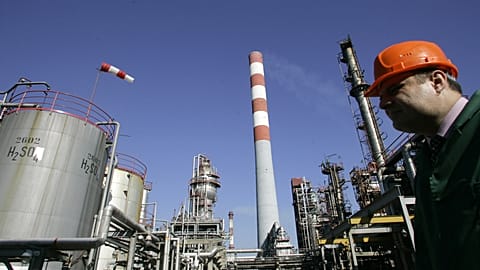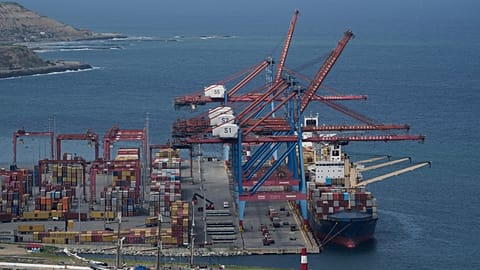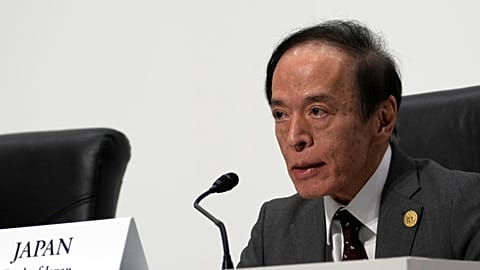The president's economic pitch comes against the backdrop of fierce opposition in Serbia and fresh criticism from Brussels.
Serbian President Aleksandar Vučić has defended his leadership against criticisms presented in a new EU report on aspiring members of the bloc.
Speaking at Euronews' EU Enlargement Summit, Vučić shrugged off reprimands from Brussels — as well as protests in his own country — by underlining Serbia’s economic credentials.
“I was facing protests since I became the prime minister in 2014,” said Vučić, now in his second term as president. “But even with that in mind, we have been progressing with good growth rates.”
“I also need to add that public debt dropped when I became prime minister because of how disciplined we were. The public debt-to-GDP is now 43%, half the EU average,” he continued. According to European Commission data, the EU's debt-to-GDP ratio was 80.7% in 2024.
Citing further signs of economic progress, Vučić also underlined Serbia’s improved credit ratings.
In 2024, the country received its first investment-grade rating when S&P upgraded it from BB+ to BBB- with a stable outlook. This made S&P the first agency to lift Serbia’s foreign-currency bonds out of junk status.
Such a decision was partly linked to the Balkan nation’s Expo 2027 plan, a specialised world exposition intended to attract foreign investment. Tied to the event are a myriad of infrastructure and development projects.
“We have already received confirmation that 127 countries might participate in that Expo,” said Vučić on Tuesday.
Despite the leader’s optimism, his words come amid fierce opposition in Serbia and fresh criticism from Brussels.
A new report from the European Commission, also released on Tuesday, noted that “polarisation in Serbian society has deepened against the background of mass protests …reflecting disappointment of citizens over inter alia corruption.”
Brussels also condemned the country’s “excessive use of force against protestors” and “backsliding on freedom of expression and the erosion of academic freedom”.
This past weekend, Serbia again saw mass demonstrations marking the first anniversary of a train station awning collapse in the northern city of Novi Sad, which killed 16, including children.
The deadly incident triggered a series of student-led protests calling for change.
On Sunday, the Serbian president offered to advance parliamentary elections due in two years in a seeming attempt to appease public anger.
“Elections will be held before the end of the term (in December 2027)”, Vučić said during a news conference. “The exact timing will be decided by the competent institutions.”
One of six Western Balkan hopefuls, Serbia was identified as a potential candidate for EU membership in 2003 and granted EU candidate country status in 2012.
Also speaking at Euronews’ summit on Tuesday, Commissioner for Enlargement Marta Kos said that despite some “backsliding” in Serbia: “I'm happy that all the protests since November last year have shown that there is democratic potential and that people want to go down this democratic route.”




